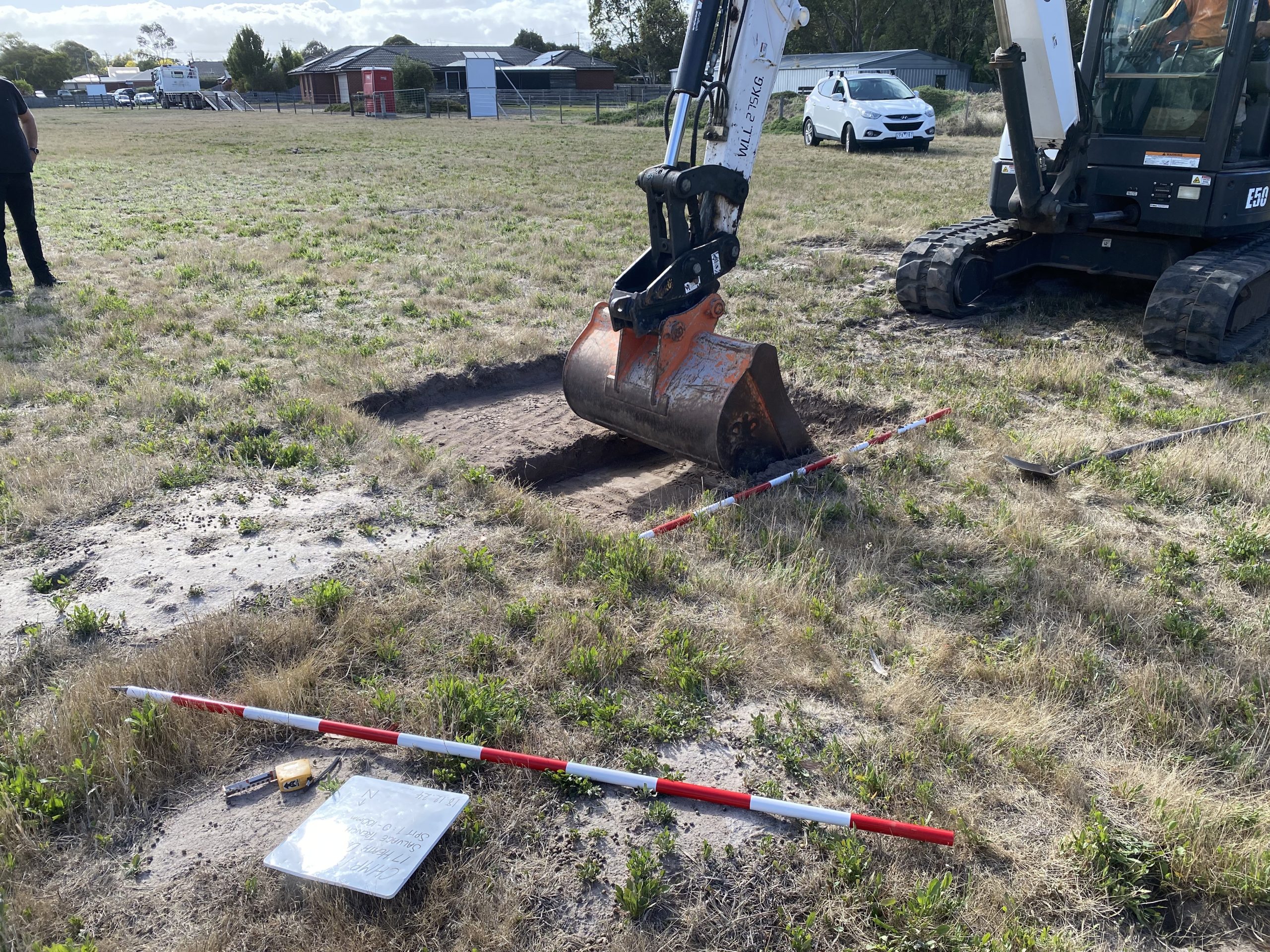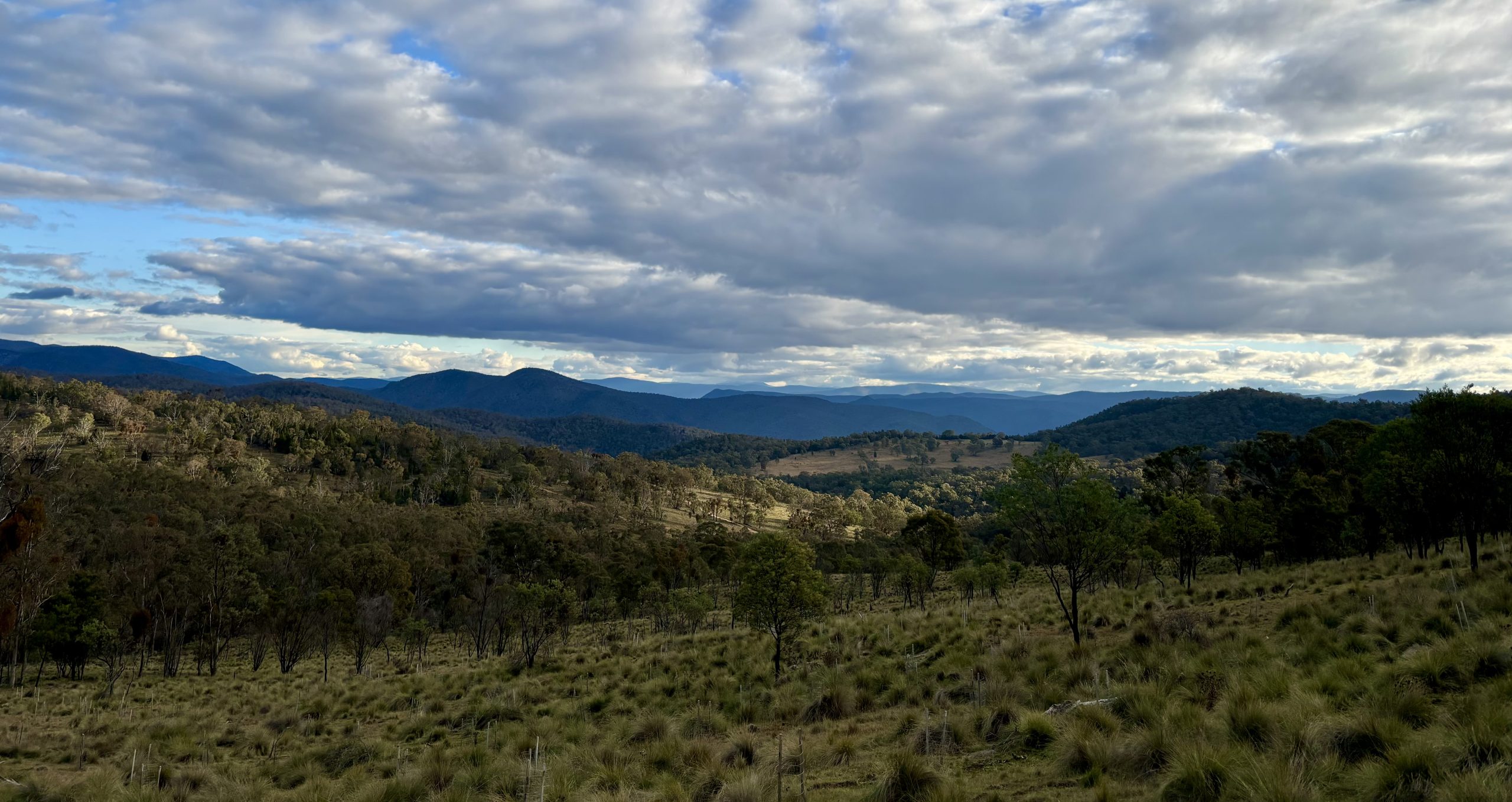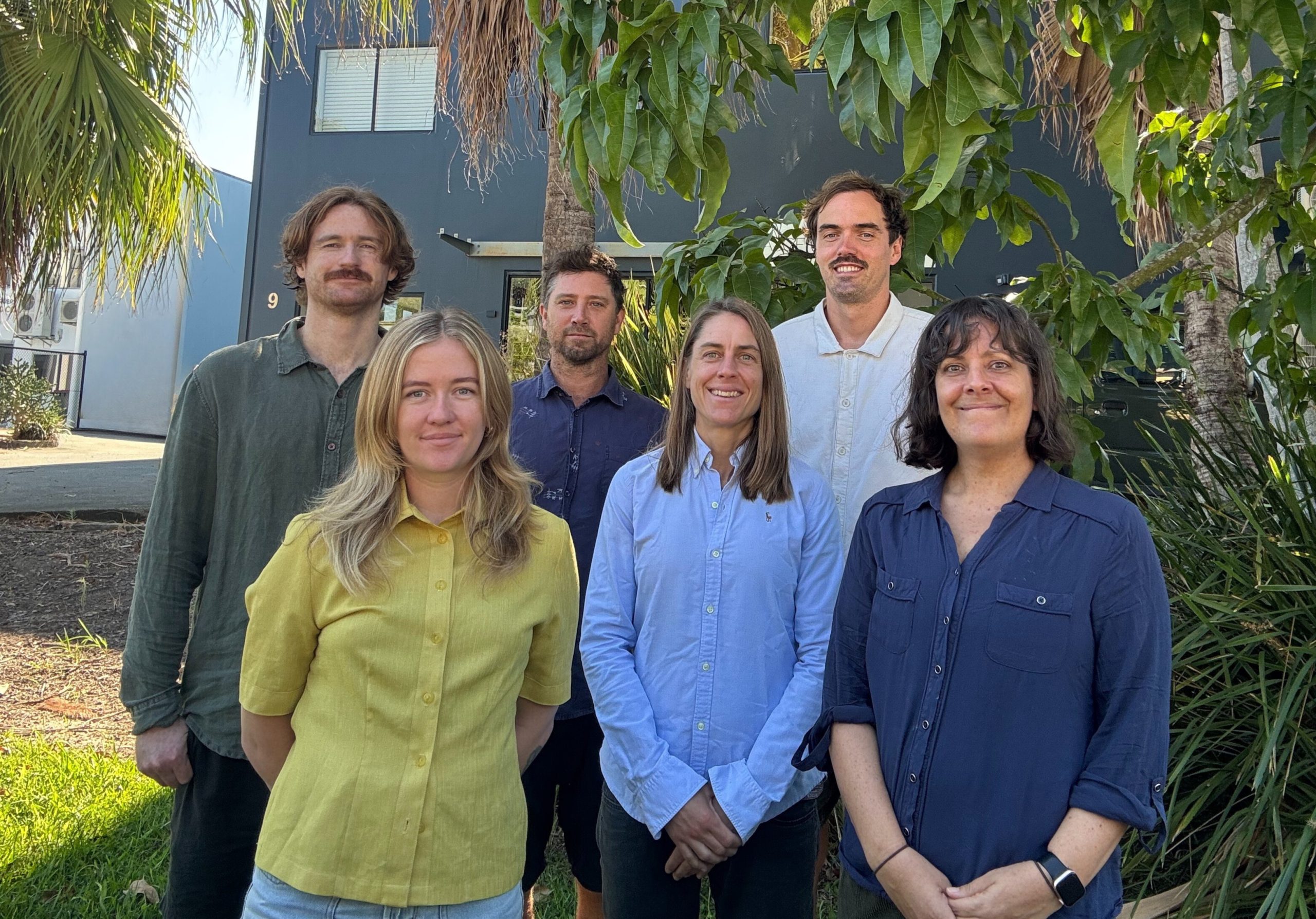Biodiversity in the boardroom: Beyond compliance to strategic integration.
Author: Matthew Richardson, Founding Director and Biodiversity Offsetting Strategist
September 4, 2023

News & Insights
Beyond compliance to strategic integration
The work of the Taskforce on Nature-related Financial Disclosures is focusing attention on the implications of biodiversity loss and other nature-related risks across all sectors of the global economy.
This is not news for many clients. Niche is already assisting organisations to assess their exposure to broader climate and nature-related risks, including loss of biodiversity.
Where we see considerable variation is in the degree to which businesses can integrate climate and biodiversity management into their whole-of-business strategy.
The need for joined-up thinking
Climate and environmental considerations may be on the board’s agenda. But understanding of the implications and opportunities can also be very fragmented within organisations.
We talk to some companies whose leaders are committed to making a difference and leaving a positive legacy. Others have ambitious environmental, social and governance (ESG) goals. Biodiversity impact assessments and offset obligations may be a compliance or risk function, an accounting responsibility, or a project cost.
Often these are overseen and understood by separate parts of the business, each with separate key performance indicators (KPIs). Until they can be linked as part of an overall strategy, the organisation is missing an opportunity to leverage the costs of compliance and generate lasting value.
Bringing it to the board
Boards must be involved in these discussions, both to set overall strategy and to break down some of these organisational silos. But for those tasked with achieving sustainability or ESG goals, it can be hard to find an effective way of getting the issue onto the board agenda.
We are starting to see success in developing biodiversity offset strategies as a vehicle for achieving positive impact.
Well-crafted offset strategies can help create new value chains and build potential competitive advantage for large developers seeking to have their projects approved. They can also demonstrate that the organisation has a clear plan to achieve ESG targets and protect against concerns of greenwashing.
Organisations that can think beyond the immediate offset obligation, for example, could consider strategic land use planning to link carbon and biodiversity offset project sites, establish environmental corridors, or regenerate habitat. They may also be able to connect with indigenous businesses to achieve goals under reconciliation action plans, or link to community engagement strategies.
Exceeding obligations may be key
Most boards understand the need to manage environmental risks and obligations as they affect business costs, supply chains, access to capital, social licence, and sometimes physical ability to conduct business.
What the board may not yet have sight of is the opportunity to break down internal silos, to go beyond compliance and KPIs and potentially deliver an entire ecosystem of environmental and community benefits. Planning to exceed biodiversity compliance obligations may just be the key.
About the author

Matthew Richardson is a Founding Director and Biodiversity Offsetting Strategist at Niche. In over 25 years of consulting he has delivered hundreds of projects across a range of industry sectors, including large infrastructure, utility, renewable, mining and other landscape-scale projects. He has experience with projects combining multiple environmental disciplines and has expertise in developing biodiversity offset strategies, delivering complex biodiversity offset obligations, strategic land planning, ecology assessments, and project environmental approvals. Matthew is a strategic thinker who works with clients from the start of a project to understand their objectives, offer advice and ensure that Niche provides the right expert team for every project.
Find out more
- TNFD Pilot Program
- Inland Rail Biodiversity Offset ID Program
- Natural capital and offsetting expertise



